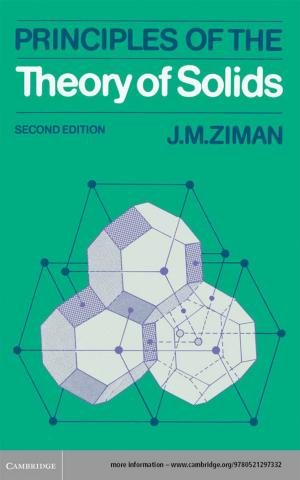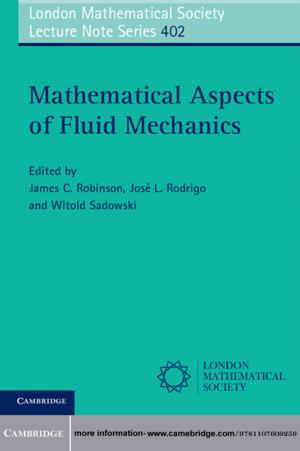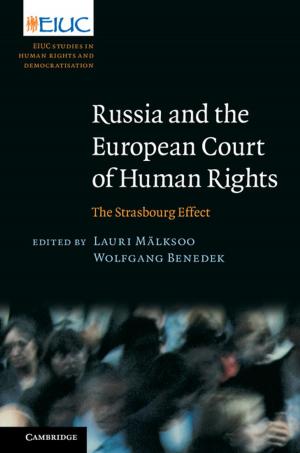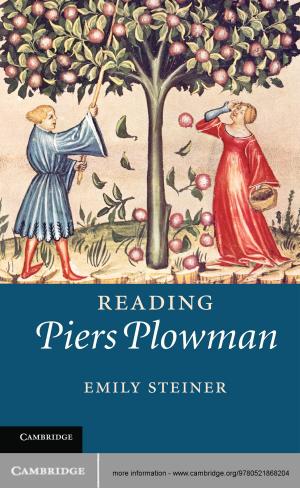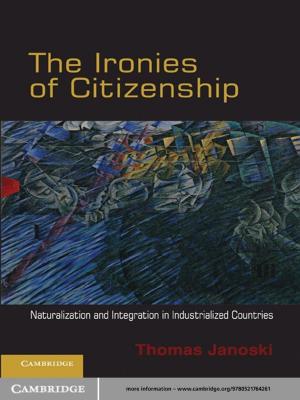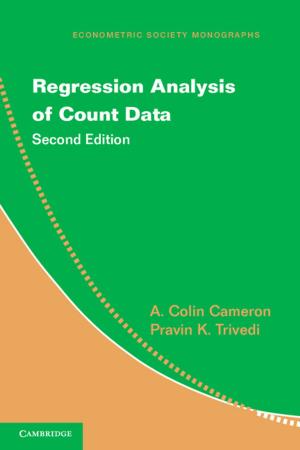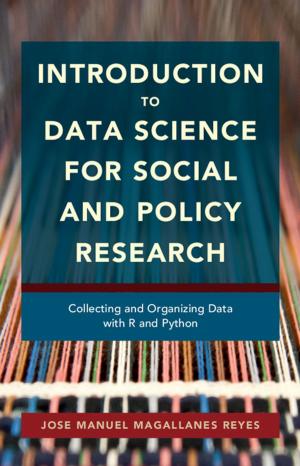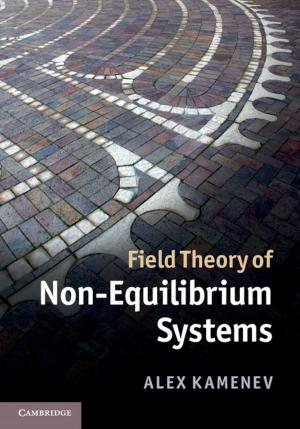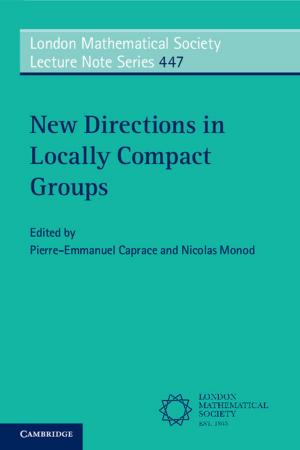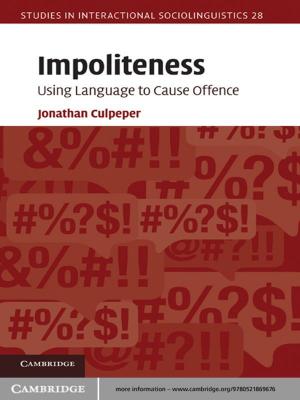The Cambridge Companion to John Henry Newman
Nonfiction, Religion & Spirituality, Theology, Fiction & Literature, Literary Theory & Criticism| Author: | ISBN: | 9781139801546 | |
| Publisher: | Cambridge University Press | Publication: | April 2, 2009 |
| Imprint: | Cambridge University Press | Language: | English |
| Author: | |
| ISBN: | 9781139801546 |
| Publisher: | Cambridge University Press |
| Publication: | April 2, 2009 |
| Imprint: | Cambridge University Press |
| Language: | English |
John Henry Newman (1801–90) was a major figure in nineteenth-century religious history. He was one of the major protagonists of the Oxford or Tractarian Movement within the Church of England whose influence continues to be felt within Anglicanism. A high-profile convert to Catholicism, he was an important commentator on Vatican I and is often called 'the Father' of the Second Vatican Council. Newman's thinking highlights and anticipates the central themes of modern theology including hermeneutics, the importance of historical-critical research, the relationship between theology and literature, and the reinterpretation of the nature of faith. His work is characterised by two elements that have come especially to the fore in post-modern theology, namely, the importance of the religious imagination and the fiduciary character of all knowledge. This Companion fills a need for an accessible, comprehensive and systematic presentation of the major themes in Newman's work.
John Henry Newman (1801–90) was a major figure in nineteenth-century religious history. He was one of the major protagonists of the Oxford or Tractarian Movement within the Church of England whose influence continues to be felt within Anglicanism. A high-profile convert to Catholicism, he was an important commentator on Vatican I and is often called 'the Father' of the Second Vatican Council. Newman's thinking highlights and anticipates the central themes of modern theology including hermeneutics, the importance of historical-critical research, the relationship between theology and literature, and the reinterpretation of the nature of faith. His work is characterised by two elements that have come especially to the fore in post-modern theology, namely, the importance of the religious imagination and the fiduciary character of all knowledge. This Companion fills a need for an accessible, comprehensive and systematic presentation of the major themes in Newman's work.

